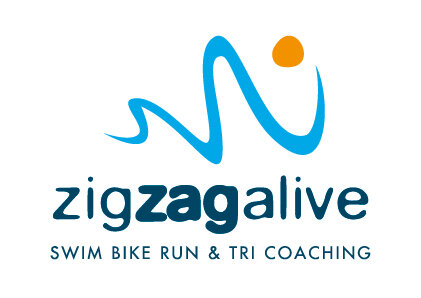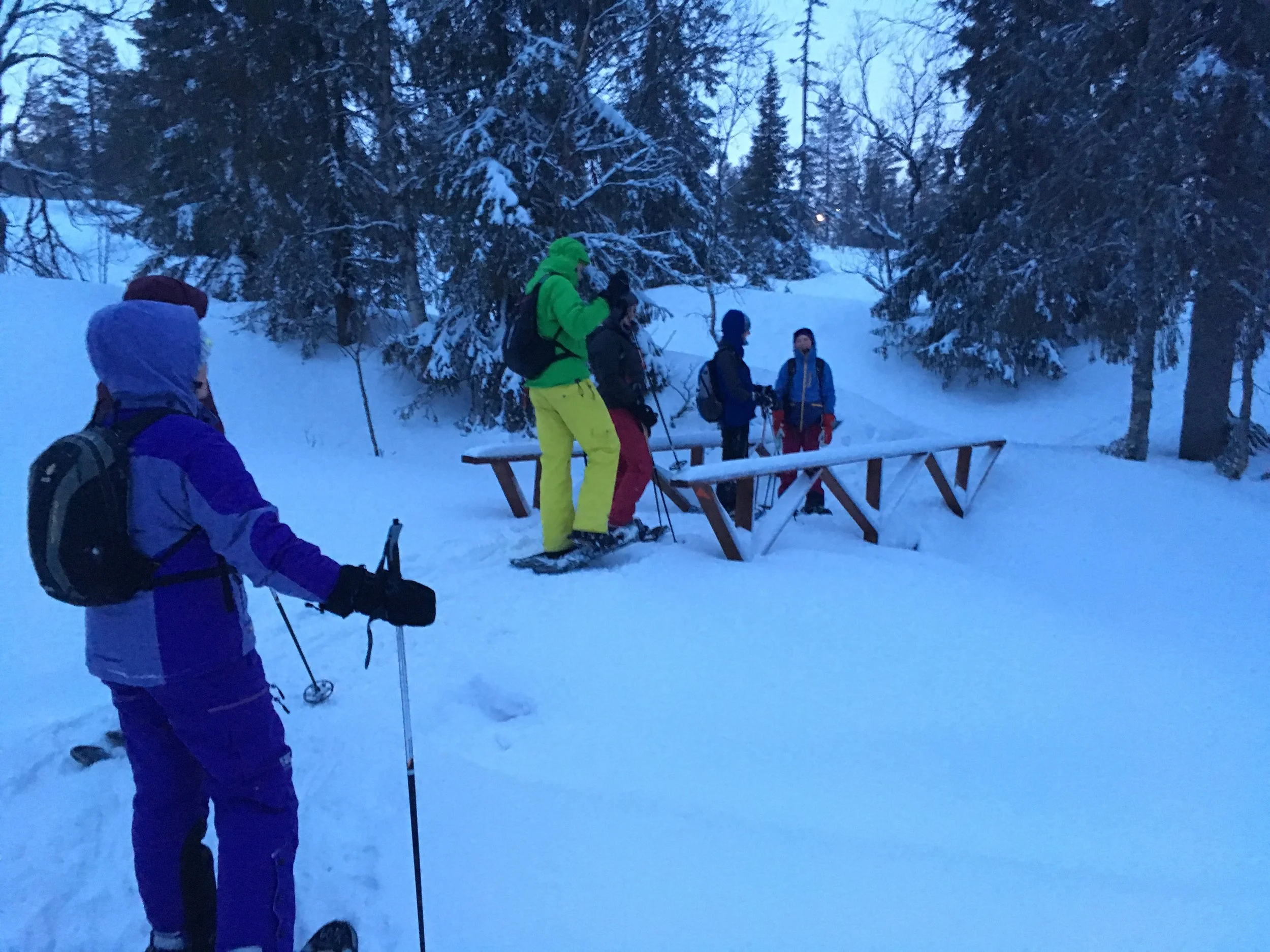Here we are in early November, training beginning to pick up again after a month of easier, post-season recovery. In terms of my coaching this last month was very good: taking on new clients with some very exciting challenges, a few innovations in how I work and (as always) lots of reflection.
Some of the things I’ve been reading recently are based around the highly influential, thought provoking work of Carol Dweck and her notion of growth and fixed mindsets. I’ve been reflecting how this plays out particularly with some new swim clients I have, a longer term client and how I think about my own efforts.
From: mindsetworks.com
The core idea of Dweck’s work is that we all have ingrained in us a pattern of self belief or attitude of mind that tends towards either fixed or towards growth mindsets. How we have been brought up and our informative experiences might incline us to a self-belief (or lack of it) – that we are inherently good at something or conversely poor, as if these are innate, natural qualities that are somehow fixed. When we speak of someone being “talented”, “gifted”, “a natural” we reinforce this view.
Interestingly, people with a fixed mindset might appear to exude a great self-confidence, but suggests Dweck only to the point that their experience is corroborated – when things get harder or results don’t come as naturally as they’ve been brought up to expect, someone with a fixed mindset is likely to struggle to make sense of what is happening. And of course someone brought up to believe they aren’t any good at whatever it is already starts out with self-doubt and a fixed, can’t be done, negative mentality.
A growth mindset, in contrast, allows for a much less black or white, success or failure way of being. Challenges will typically be seen as opportunities to learn and grow, not as an all or nothing trial of competence. Dweck’s research challenges the idea that our intelligence or abilities are fixed and given, showing how, with the right encouragement and environment, we are capable of far more than we sometimes allow ourselves to believe. As such, her research is a powerful endorsement for the ZigZag Alive philosophy of always believing in what people can achieve with the right degree of challenge, encouragement and expert care.
Since reading up and reflecting on mindsets I’ve been struck by how often I’ll hear someone define themselves by what they can’t do. "I can't do triathlons - I'm a rubbish swimmer" or "I'm no good at running - I'll always be slow and at the back." Of course not everyone has the physical capabilities to be an Olympic medallist. I think the biggest challenge though as a coach is to create the space to redefine what being good at something is - allowing maybe for the fact that someone might not, in the end, transform themselves into a fantastically fast swimmer but they can learn and develop to really enjoy swimming or running, or whatever it is, being attuned to the feeling of it all coming together in fluent, satisfying movement.
I’ve seen this very recently with some new swim clients, starting out pretty much from scratch unable to swim at all but showing great courage and determination to learn. When it doesn't come together quickly, though I see some struggling with their inability to learn. One of these new swimmers the other week said in frustration “Ah! I don’t know why I can’t do this” as if beating herself up for not being able instantly to pick up what is actually a very new and alien activity we were working on together. I replied “because its new” and then helped her focus on how best to learn the technique, breaking it down into its component elements and encouraging her to apply a patient, persistent effort. All credit to her, she was quickly surprising herself.
Another client, who I am now working with over a longer period, presents a great challenge for my own growth and learning. Without giving away too much (as his story will be better told in his own words if and when he wants to tell it), I’ve mapped out a twelve month Training Guide that includes going for the famous Marathon de Sables (MdS) next year, with some impending ultras to prepare along the way.
These events are way beyond anything I have personally done. Initially I wondered whether it wouldn’t be better to direct my client to a coach who has personal experience of the MdS. But what a wonderful, rich learning opportunity it is proving - hopefully as much as for him as for me! We met recently for one of our regular reviews and to look ahead at a three day ultra in just a few weeks’ time, with the emphasis on what lessons to learn for both of us from the event. As we discussed it, we both felt this needs to be more than just trialling various bits of kit and nutrition – just as important would be learning how the body responds, what happens to mood swings and energy levels over three days of running, eating on the go and sleeping in unfamiliar and no doubt uncomfortable surroundings.
I don’t mind admitting though this is one physical challenge I don’t feel up to undertaking myself, so I am so pleased and excited to be supporting and learning alongside someone who is. Big thanks to supremo coach Simon Ward too for sharing with me his experiences of doing the MdS and his advice for how best to prepare.
And my own learning challenge? Well, it had to be done. The lure of its deep, deep beauty and stillness, utterly unspoilt nature and the small joy of saying a Finnish“hurlican-gurlican” cheers after a day of attempting cross country skiing. Two years on from spending a week falling over and getting uptight in my first attempt, we’re going back to Yulas, high up in the Arctic Circle, to have another go at learning to cross country ski.
I posted a blog about the experience of beating myself up and struggling to understand why I just couldn’t get it two years ago. How will I approach it differently this time with my growth mindset resolve? Well, on a practical level I’ve already started a programme of alternate day Strength & Conditioning exercises, as prescribed by Cathy at Blue Koala and with some extra advice and guidance from close friend and physio Kim at Sussex Injury Clinic. I’m also trying to make myself focus more on remembering the beautiful places I can get to by skiing, rather than worrying about how adept I might be in getting there. And I’m also learning all the time from my wonderful clients’ ways of surprising themselves with all that they can do.
One more space for growth to mention briefly - I still have one or two spaces available to take on new clients in a new set up I've started this last month. For the first time I am taking on a few, select clients on the basis of us committing to work together for a year, looking at what races and other challenges to do and providing support at whatever level is needed at each point. If this is a way of working you are interested in, please get in touch. The other forms of support are still available too - such as to learn to swim or improve a particular area or to peak for a specific challenge.



